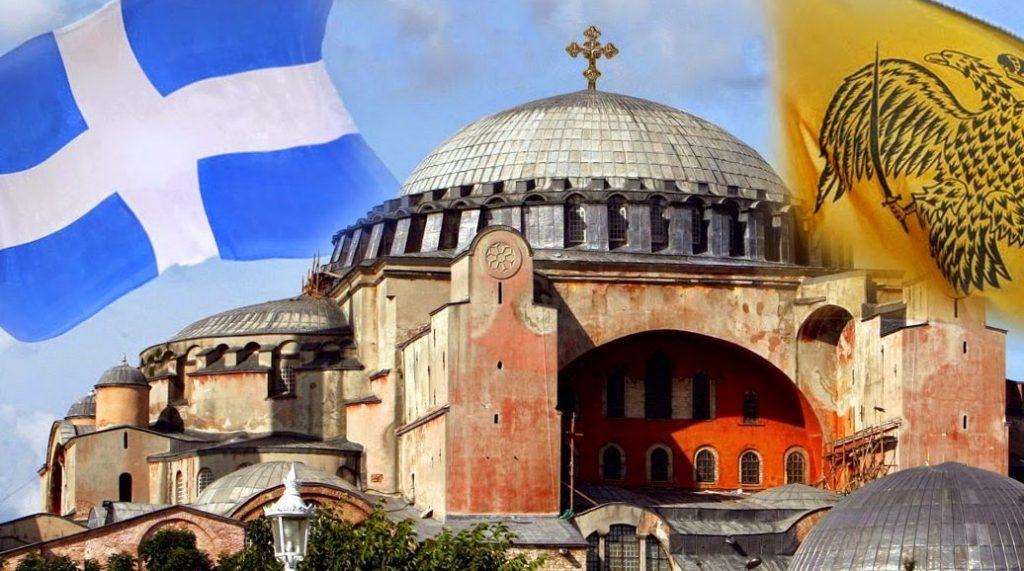Επιστολή ελληνορθόδοξων της Συρίας στον Έλληνα υπουργό εξωτερικών.
A letter to His Excellency, Mr. Giorgos Gerapetritis, Minister of Foreign Affairs of Greece,
In Aleppo, the children of our relatives and their families are living in great danger. Their lives are at risk, abandoned to face their fate. Last month, they marked the tragic memory of the 1850 massacre in Aleppo, where Christian neighborhoods were destroyed. One of the reasons for this tragedy was the support Antiochian Greeks in Aleppo gave to the Greek Revolution.
Even though borders separate us, the blood that was spilled in Aleppo is the same blood that was spilled in the fight for Greece. It is the blood of our ancestors, who stayed united as Greeks, as Orthodox Christians, and as defenders of the Hellenic identity. For centuries, we have suffered oppression—under the Ottomans and during Islamic rule—because we never gave up our connection to Constantinople and the rest of Greece.
Today, the Christians of Aleppo stand alone. The regime has abandoned our neighborhoods, leaving us to face these challenges on our own. But we have not forgotten you. Even under centuries of persecution, we kept our faith, our names, and our Byzantine heritage alive. We always stayed loyal to Greece, even when it cost us dearly.
We now call on you, our brothers and sisters in faith and heritage, to act. Aleppo was once the greatest Christian city in the Levant, a center of Hellenic culture, faith, and art. Do not let it fall. Use all of Greece’s diplomatic strength to protect the Christians of Aleppo. Work with the nations—Turkey, the United States, and others—to ensure that this ancient community survives.
The children of Aleppo, whose ancestors supported Greece in its darkest times, are counting on you. The blood in their veins is the same as yours. Their future is tied to yours, as it always has been.
The Antiochian Greek Organization

